
Subscribe to the CryptoWeekly Newsletter
Get the top stories, funding deals, technical analysis, cryptocurrency jobs and much more delivered to your inbox, every Monday morning.
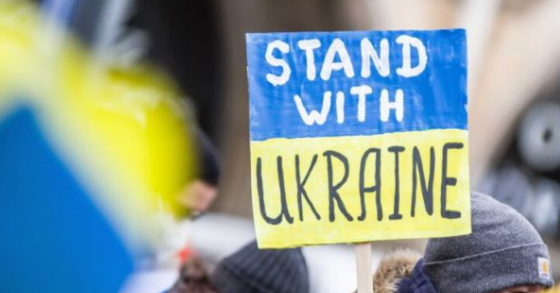
February 25,2022
Donations of Bitcoin (BTC) to the Ukrainian army have skyrocketed
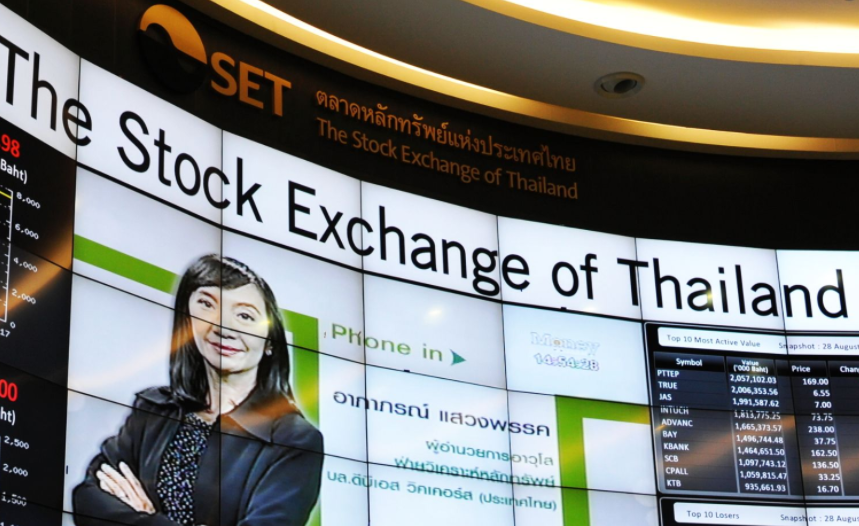
February 22,2022
Stock Exchange of Thailand (SET) Is Considering New Digital Asset Exchange Connected With Crypto
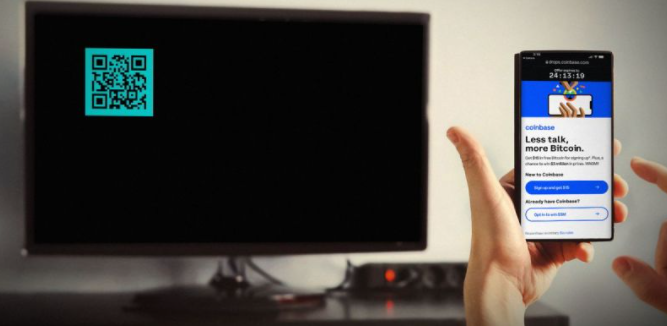
February 20,2022
Crypto Super Bowl Ads

February 20,2022
Dubai Looks To Become A Hub For The Crypto Industry As The UAE Prepares To Provide Federal Licenses
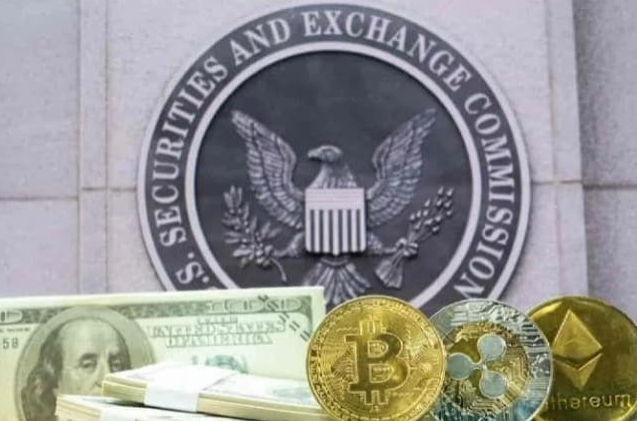
February 20,2022
SEC Filings Citing Bitcoin On The Rise, Indicating Widespread Institutional Adoption.

February 20,2022
Manchester City F.C. Planning Fan Metaverse
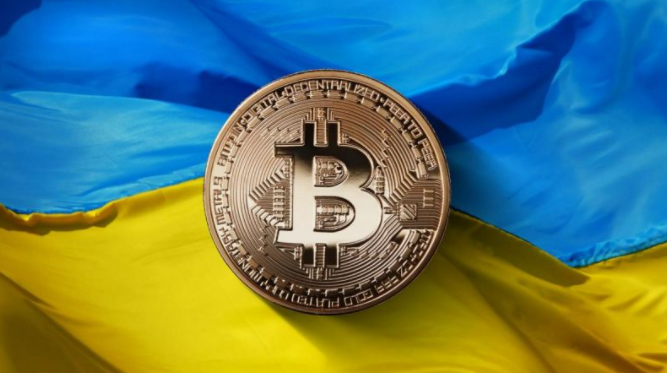
February 18,2022
Bitcoin (BTC) Is Officially Legal In Ukraine
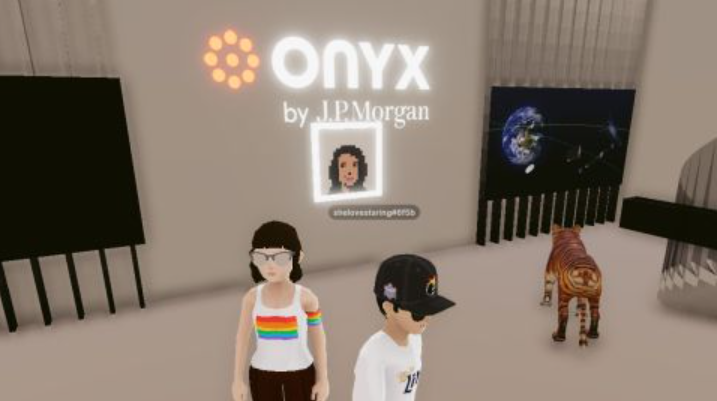
February 16,2022
JPMorgan Just Took A Significant Move Into The Metaverse

February 16,2022
Binance Smart Chain (BSC) Announced Binance Chain And Binance Smart Chain Will Be Merging Under New Moniker, BNB Chain

February 15,2022
Florida Property Recently Auctioned Off As An NFT
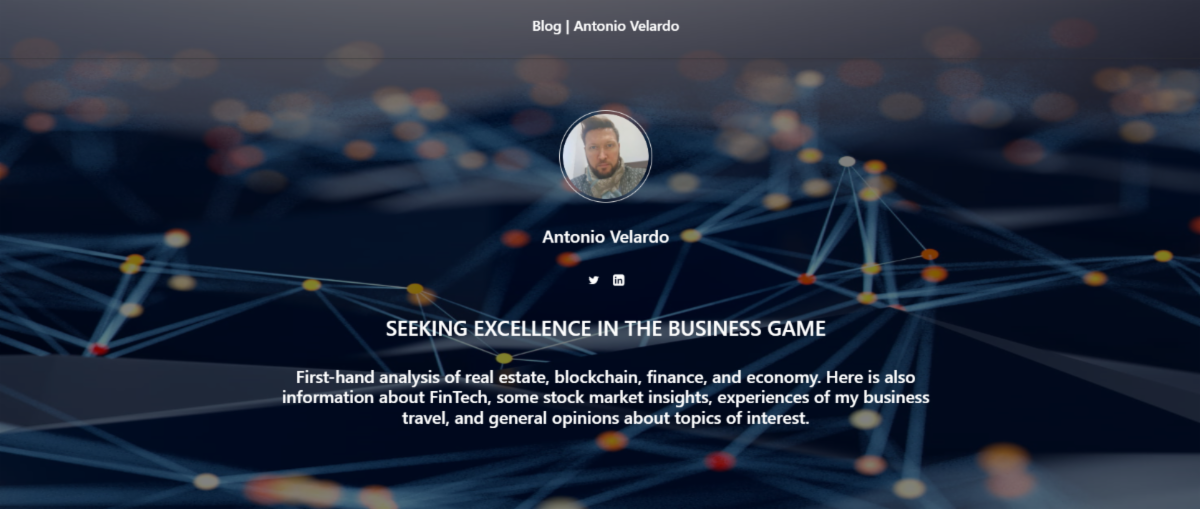
February 15,2022
Antonio Velardo on the Past, Present, and Future of the Blockchain
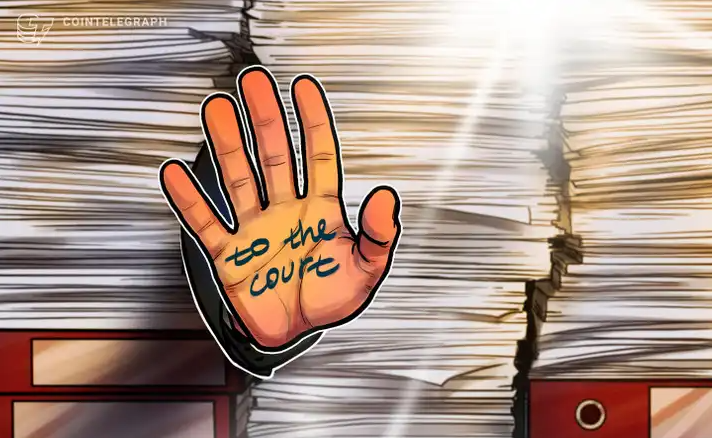
February 13,2022